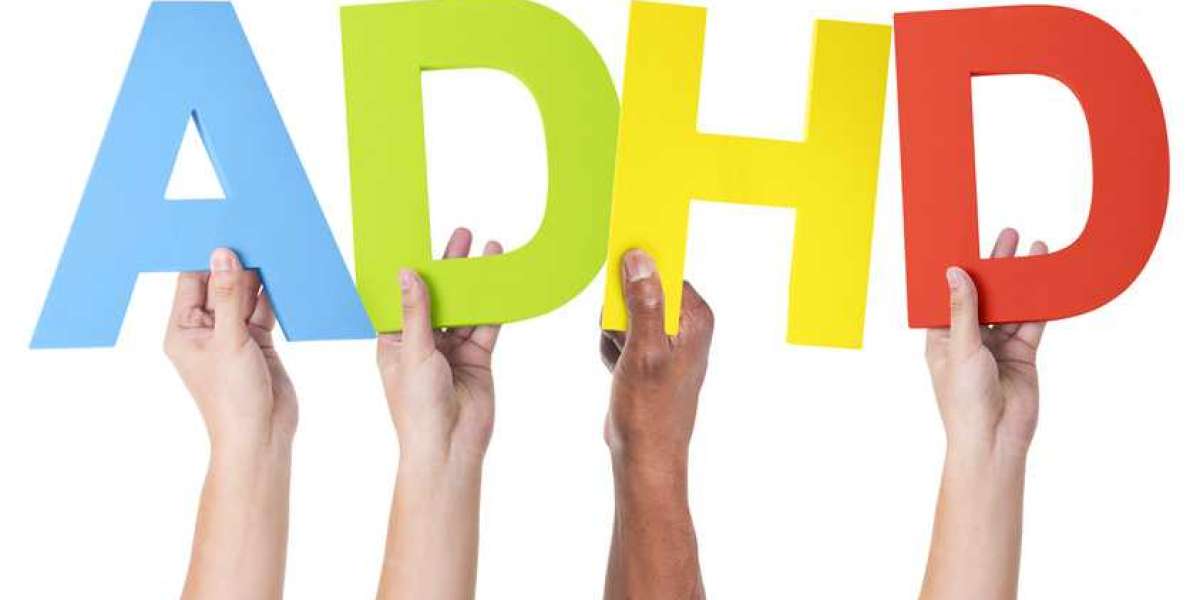Managing finances can be a daunting task for anyone, but for individuals with Attention Deficit Hyperactivity Disorder (ADHD), the challenge can be even more significant. ADHD is characterized by symptoms such as impulsivity, distractibility, and difficulty with organization, which can directly impact financial management. However, with the right strategies and tools, individuals with ADHD can successfully manage their finances and stay on budget. Here are some practical tips to help navigate financial management while living with ADHD.
Understanding the Challenges
Before diving into strategies, it’s important to understand the specific challenges ADHD presents in financial management:
Impulsivity:
Impulsive spending is a common issue, as individuals with ADHD may make purchases on a whim without considering the long-term effects on their budget.
Difficulty with Organization:
Managing receipts, bills, and financial records can be overwhelming, leading to missed payments or disorganized financial records.
Inattention:
Distractibility can result in forgetting financial tasks, such as paying bills on time or reviewing bank statements regularly.
Procrastination:
Putting off financial tasks until the last minute can lead to stress and poor decision-making.
Tips for Effective Financial Management
Create a Simple Budget
Start with a straightforward budget that includes only essential categories like income, fixed expenses (rent, utilities), and discretionary spending. Simplify your budget by using user-friendly budgeting apps or tools that automatically track your spending and provide visual representations of your financial status. Tools like Mint or YNAB (You Need A Budget) can help make budgeting less overwhelming.
Automate Payments
Setting up automatic payments for bills and savings can help reduce the risk of late fees and missed payments. Automate transfers to savings accounts and retirement funds as well. This reduces the mental load of having to remember and manually make each payment, which is especially helpful for those with ADHD who might struggle with organization.
Use Visual Aids
Visual aids can be powerful tools for individuals with ADHD. Use color-coded charts or financial planners to keep track of income, expenses, and savings goals. Keeping a large calendar or planner in a visible location can serve as a reminder for upcoming bills and financial tasks.
Set Up Alerts and Reminders
Leverage technology by setting up alerts and reminders for payment due dates, budget reviews, and financial goals. Many banking apps and financial management tools offer notification features that can remind you of important dates and tasks. Additionally, setting reminders on your phone or using digital calendars can help keep you on track.
Break Tasks into Smaller Steps
Large financial tasks can be overwhelming. Break them down into smaller, manageable steps. For example, instead of "review budget," set a reminder to "check spending for this week" or "update expense tracker." This makes tasks seem less daunting and helps maintain focus.
Establish a Routine
Developing a consistent routine for managing finances can make the process more predictable and less stressful. Set aside a specific time each week to review your budget, update financial records, and plan for upcoming expenses. Consistency helps in creating habits that make financial management more automatic.
Seek Professional Help
Working with a financial advisor or a coach who specializes in ADHD can provide personalized guidance and support. Financial advisors can help you create a structured financial plan and offer advice tailored to your needs. Additionally, ADHD disorder coaches can assist with developing organizational strategies and managing impulsivity.
Use Cash Envelopes for Discretionary Spending
The cash envelope system involves allocating a specific amount of cash for discretionary spending categories, such as dining out or entertainment. Once the cash is gone, no more spending occurs in that category for the month. This method helps control impulse spending and provides a tangible way to manage discretionary expenses.
Keep Financial Documents Organized
Invest in a system for organizing financial documents. Use folders or a digital document management system to keep track of receipts, bills, and financial statements. Regularly updating and organizing these documents can reduce stress and make it easier to access necessary information when needed.
Practice Mindful Spending
Develop mindfulness around spending habits by questioning purchases and considering their necessity. Ask yourself if a purchase aligns with your budget and financial goals. Implementing a "cooling-off" period before making impulsive purchases can also help in making more deliberate decisions.
Conclusion
Managing finances with ADHD requires a combination of practical strategies and self-awareness. By creating a simple budget, automating payments, using visual aids, setting reminders, and breaking tasks into manageable steps, individuals with ADHD can gain better control over their financial situation. Establishing a consistent routine and seeking professional assistance can further support effective financial management. With these tools and strategies, it’s possible to stay on budget and achieve financial stability despite the challenges posed by ADHD.








